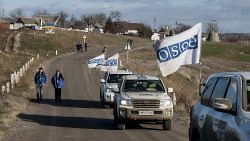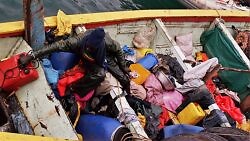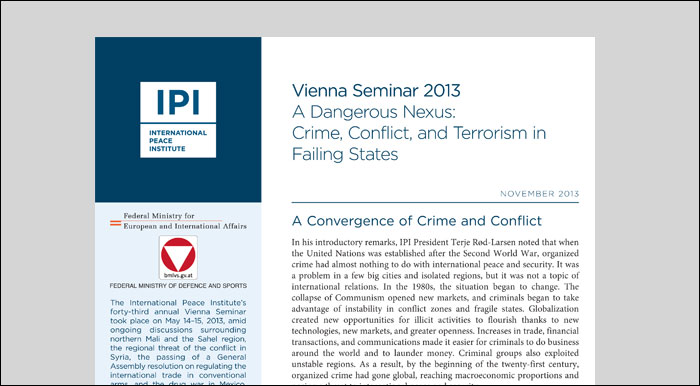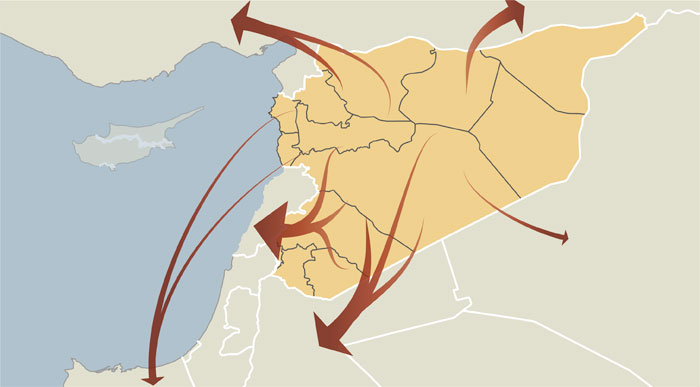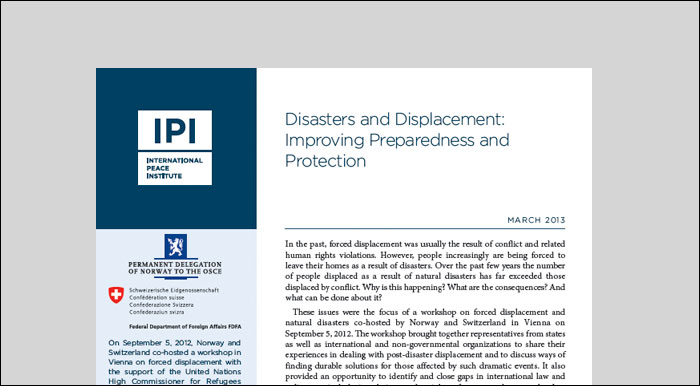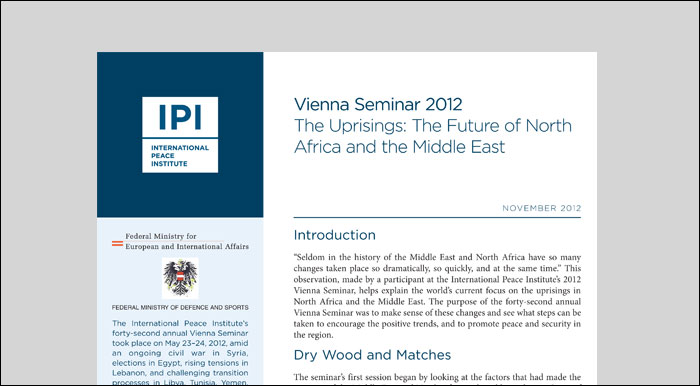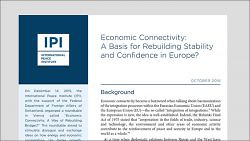
Economic connectivity has become a buzzword when talking about harmonization of the integration processes within the Eurasian Economic Union (EAEU) and the European Union (EU)—the so-called “integration of integrations.” At a time when diplomatic relations between Russia and the West have deteriorated yet states remain linked by economic and energy interests, some see economic connectivity […]
Read more
